Tag: Operating Systems
-

Understanding %systemroot% in Windows: A Comprehensive Guide
SystemRoot is the directory where the core of Microsoft Windows operating systems files are stored.
-
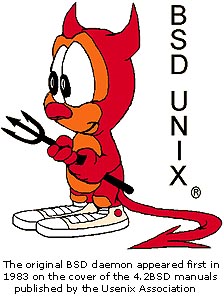
BSD UNIX
BSD UNIX stands for Berkeley Software Distribution UNIX, a version of UNIX that originated many common UNIX features such as the vi editor, C shell, and TCP/IP networking. BSD UNIX was developed in the 1970s at the University of California at Berkeley, which licensed the UNIX operating system from AT&T and then made a number…
-
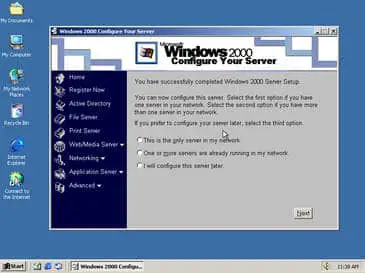
Windows 2000
Windows 2000 was a Microsoft operating system built on NT Technology for use on personal computers, business desktops, laptops, and servers.
-

Understanding File Ownership in NTFS
In the NTFS file system, the concept of ‘Owner’ plays a pivotal role in managing file permissions and security. Essentially, the Owner is the user or entity that wields ultimate control over a file’s permissions, typically being the file’s creator. By default, the Owner has the authority to modify the object’s discretionary access control list…
-

OS/2: Tracing the Legacy of IBM’s Pioneering Operating System
Explore the complete history of OS/2, from its inception with IBM and Microsoft to its lasting impact on modern operating systems.
-

Linux
Linux is an operating system derived from the UNIX family of operating systems that is POSIX-compliant and freely distributed through many sites on the Internet. Linux was developed in 1991 by a student from Finland named Linus Torvalds, who still controls the development of the Linux operating system kernel.
-

Novell NetWare: The Pioneering Network Operating System of the 1980s
NetWare was a network operating system from Novell that wass widely used in local area networks (LANs). NetWare was created by Novell in the early 1980s.
-
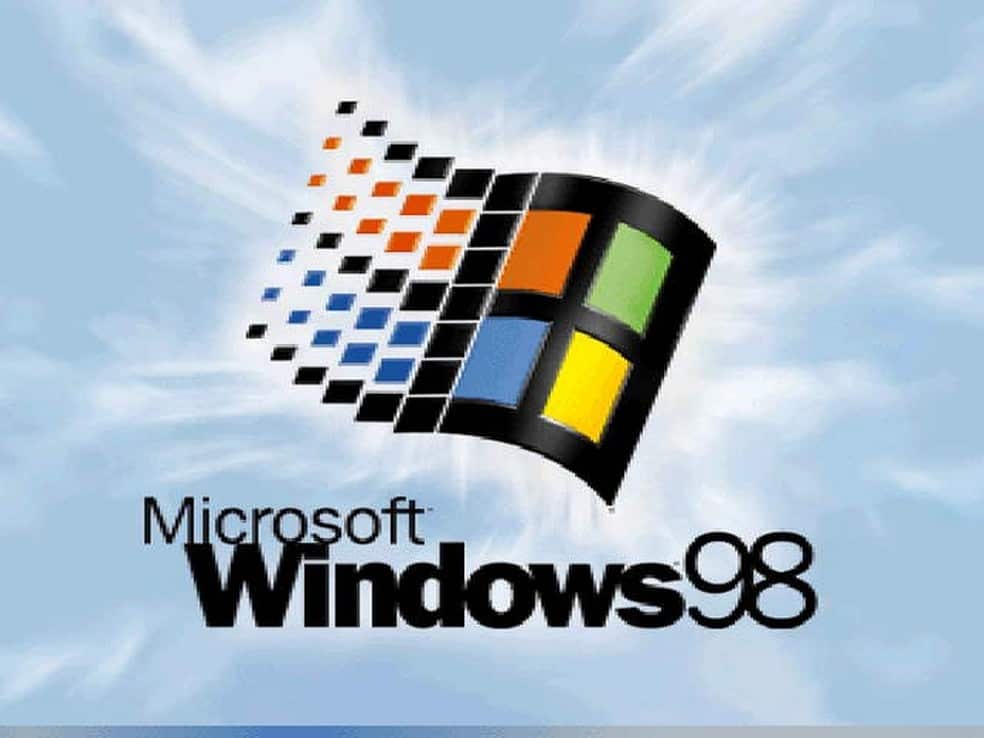
Windows 98
Windows 98 was Microsoft’s upgrade for users of Windows 95 and earlier versions of Microsoft Windows operating systems. With the code name Memphis, Windows 98 was released on June 25, 1998. Like its predecessor W95, Windows 98 was a hybrid 16-bit and 32-bit product with the boot stage based on MS-DOS. Windows 98 new features…
-
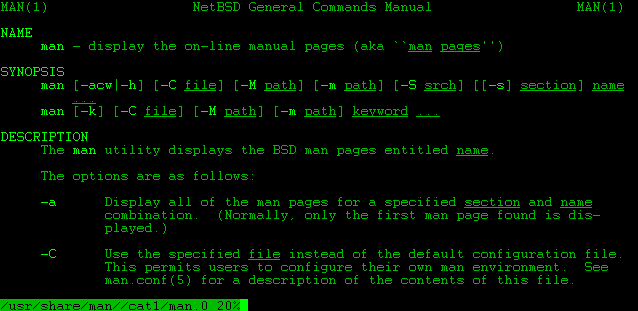
UNIX
UNIX is an operating system developed at AT&T Bell Laboratories in 1969 and widely deployed today in the enterprise networking environment.
-

Network Operating System (NOS)
Dive into the world of Network Operating Systems: the keystone of modern networking. Discover their roles, functionalities, and impact on network management.
-
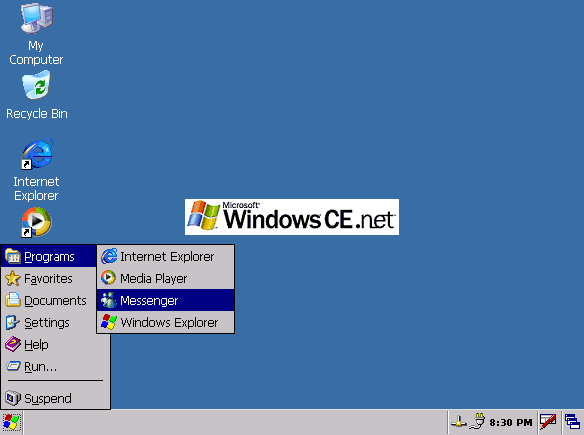
Windows CE
Definition of Windows CE in Network Encyclopedia. What is Windows CE? Windows CE is a Microsoft Windows-compatible real-time operating system for a broad range of products including personal and handheld computers, terminals, and industrial controllers. Windows CE is primarily for embedded systems in which the operating system is hard-coded by a vendor into a device’s…
-
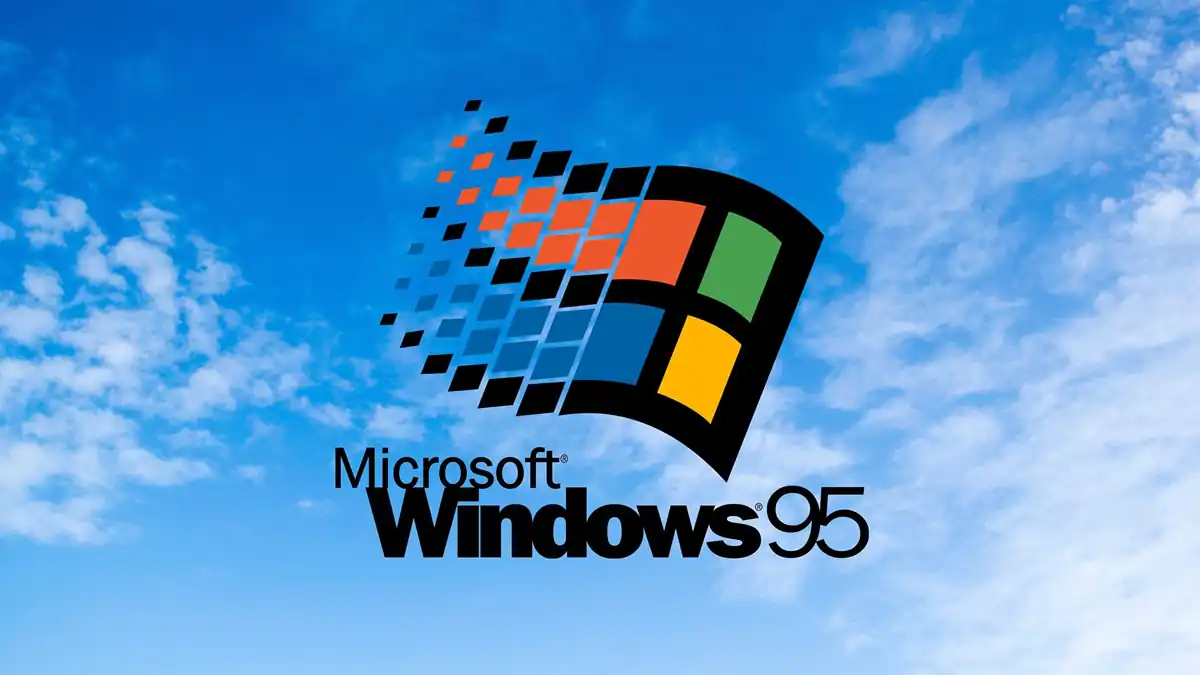
Windows 95
Explore the comprehensive history and impact of Microsoft’s Windows 95, from its landmark launch to its incremental releases and integration of Internet Explorer.